Long road ahead for a solution to homelessness
Dirty sidewalks. Smelly alleys. Overall unsafe conditions. Oh yeah – and tons of tents, lined up one after another. This environment is one that anyone from New York, Los Angeles, or Chicago has definitely been in at least once. And as someone who’s grown up his entire life in Chicago, we need a solution. Now.
Recently, New York City Mayor Eric Adams decided to implement new policy changes that look to combat homelessness in the poverty-ridden city. More specifically, Adams announced that “officials will begin hospitalizing more homeless people by involuntarily providing care to those deemed to be in ‘psychiatric crisis’” (NPR). Being the largest city in the U.S., NYC is second in homelessness only to Los Angeles.
Unlike many politicians across the country right now, Mayor Adams seems to recognize the problem. And although there have in fact been different plans to combat homelessness in NYC before, Adams’s recent actions seem to be taking the issue more seriously than any policies of the recent past.
Myself being from Chicago, the continual issue of homelessness is nothing new. Growing up, seeing people on the streets whenever I went downtown was not an unexpected occurrence; rather, it was a very expected, normal thing. The first thing you expect to see when walking out of the Art Institute is not a food vendor or beautiful building; rather, it’s a homeless man asking for money.
And only recently did I think about how wrong that is – how absolutely appalling it is that homelessness has been so normalized within our society. I am so grateful that I have the opportunity to live in a middle-class neighborhood with a good overall quality of life. But going downtown and seeing poorly-clothed people with miserable faces hopelessly trudging along in the cold or foul-smelling people with giant carts of stuff sitting on the train reminds me that not everyone has access to those same resources.
For context: my grandparents, father, aunt, uncle, and cousin immigrated here from Russia in 1995. They came here with barely any money, no resources, no knowledge of the language, and only family to help. For years they lived in a small apartment, all six of them crammed on top of each other. My grandparents worked by day and took English classes by night, my father and uncle had to start school all over again and get new work degrees.
Thankfully, everything turned out well in the end and they are all now living comfortably with their own families in their own houses. But after hearing such stories and others, often much less fortunate ones, from people I know, it is clear that something needs to change. It’s such a shame that it’s already 2022 and still there are people who are dying on the streets because of a lack of resources. It’s not only an incredible pain for so many around the country, but also a national embarrassment that should be seen as such.
I greatly hope that moves such as Adams’s helps to decrease the homelessness gap that is prevalent not just in Chicago, but in the entirety of the United States.

Yoni Soloveychik is a senior and is the Reviews editor at NSN. He has been in NSN ever since his first day of freshman year, and highly recommends the...


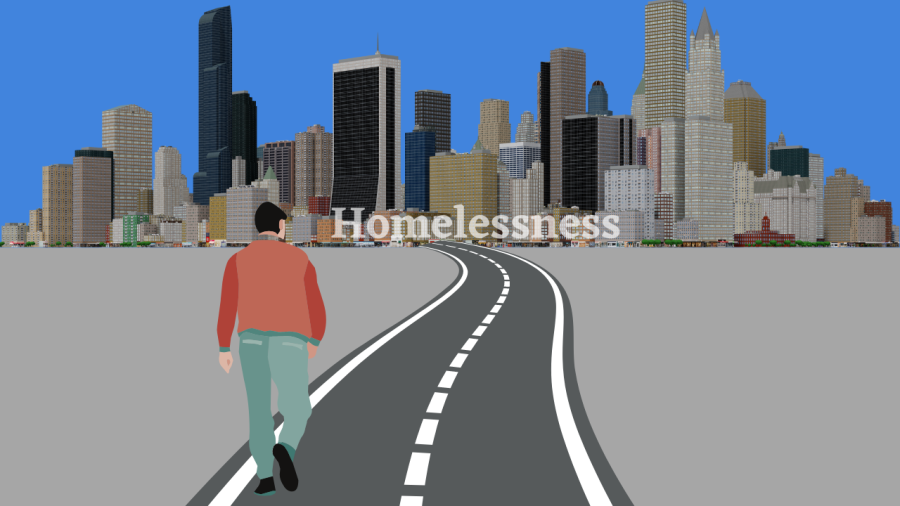




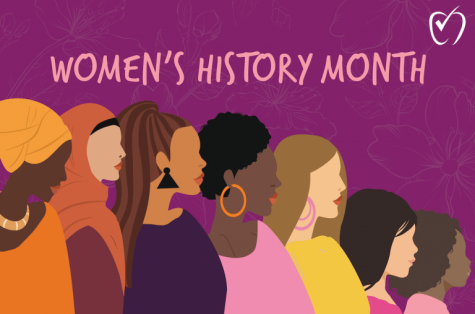
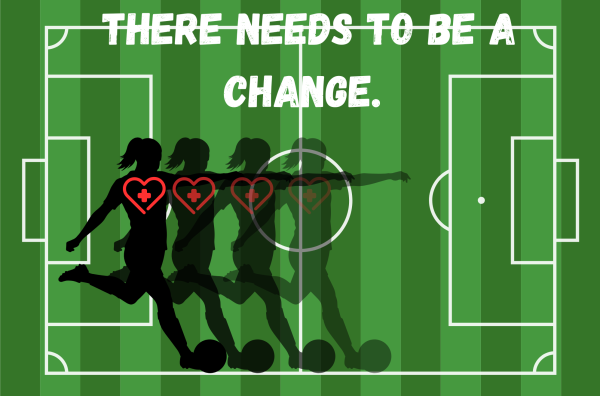
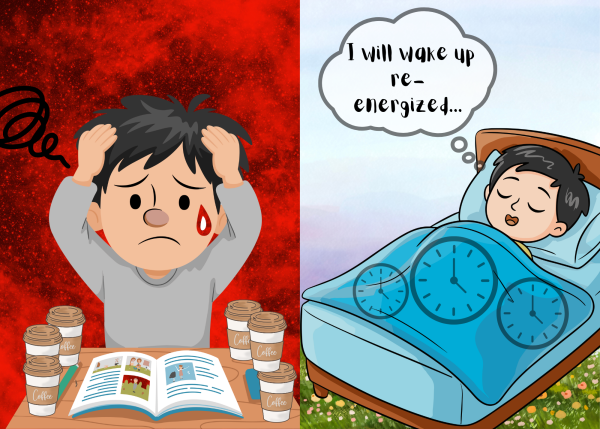

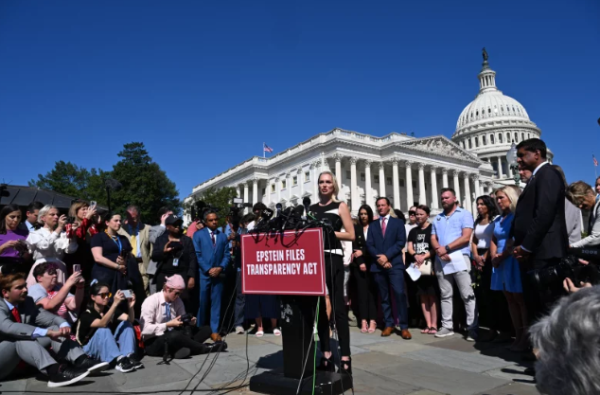
Cynthia Fey • Dec 20, 2022 at 8:47 am
Thank you for sharing your personal story of your family. Policy to de-institutionalize psychiatric hospitals and defund mental health programs under President Ronald Reagan in the 1980’s have led us to the current nightmare for Americans without housing. Your journalism sheds light on a systemic problem across our country.